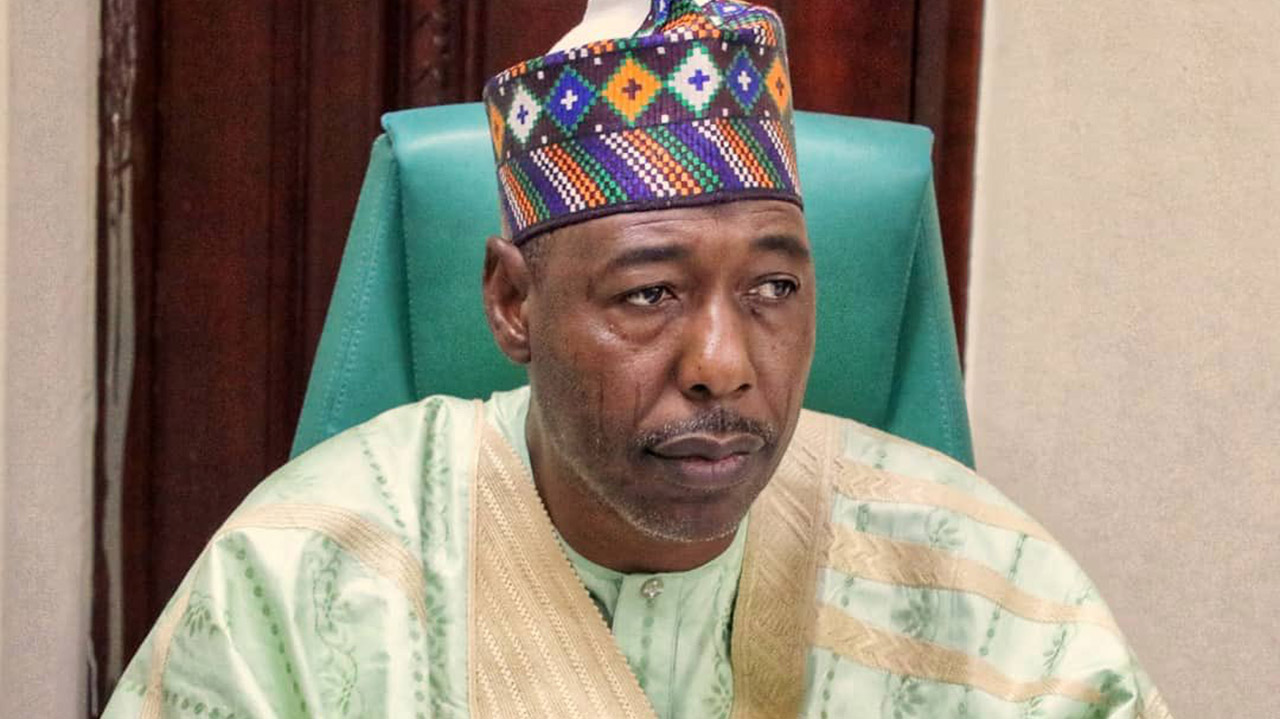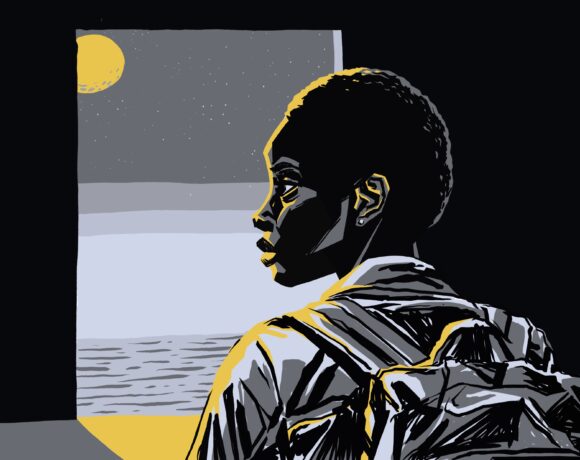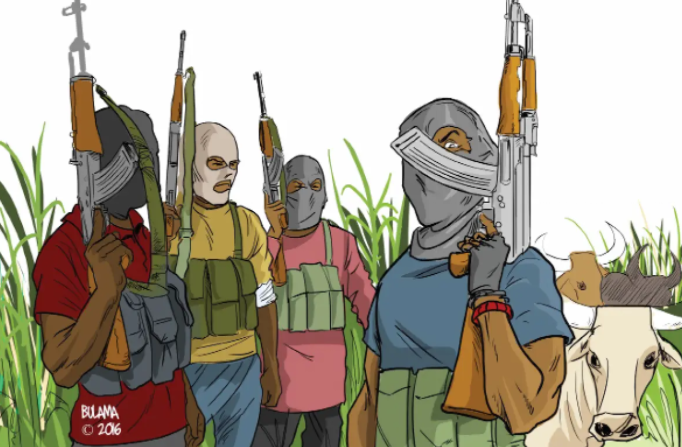2023 Governorship: Tinubu, APC, police fold arms while Kogi burns
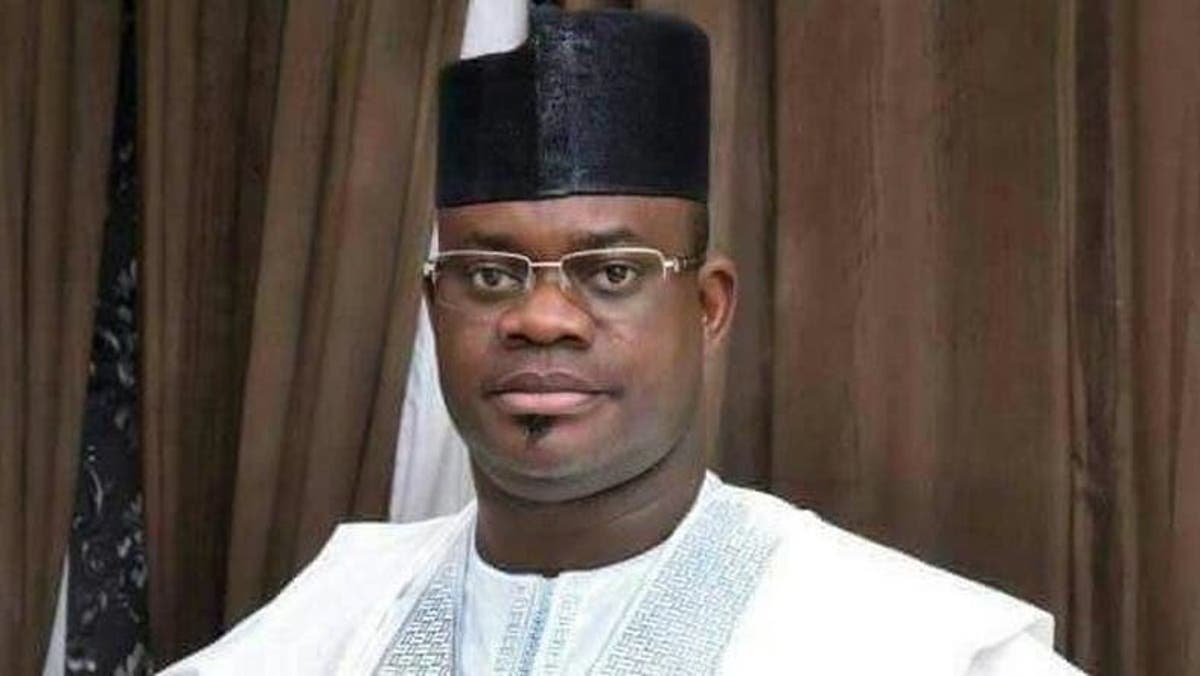
Key Points:
-
With killings and attacks on properties, governorship election in Kogi has turned to war
-
The three main ethnic groups are pursuing ‘ethnic agenda’
-
Groups have written to President Tinubu to call Governor Yahaya Bello to order
-
‘Elders from Kogi East, Kogi Central, and Kogi West must meet urgently to halt the dangerous dimension the election has taken’
-
How to tackle political violence in Kogi State
By Danjuma Owolabi
Baring any change, the Kogi state governorship election will hold on 11th November 2023. The present administration in the state, headed by governor Yahaya Bello, is expected to expire by 27th January 2024. As the war, not just political battle, to succeed him is being planned, the cloud of mischief, violence and bloodbath has gathered for everyone to see and take cover.
The electoral umpire, the Independent National Electoral Commission (INEC), has set the ball rolling by confirming 18 governorship candidates to contest the election. Acting in tandem with the constitution and the Electoral Act, INEC has declared the campaign in public open for the candidates in the election to commence on June 14, 2023, and to end on November 9, 2023. The table below shows the list of candidates confirmed by INEC for the election.
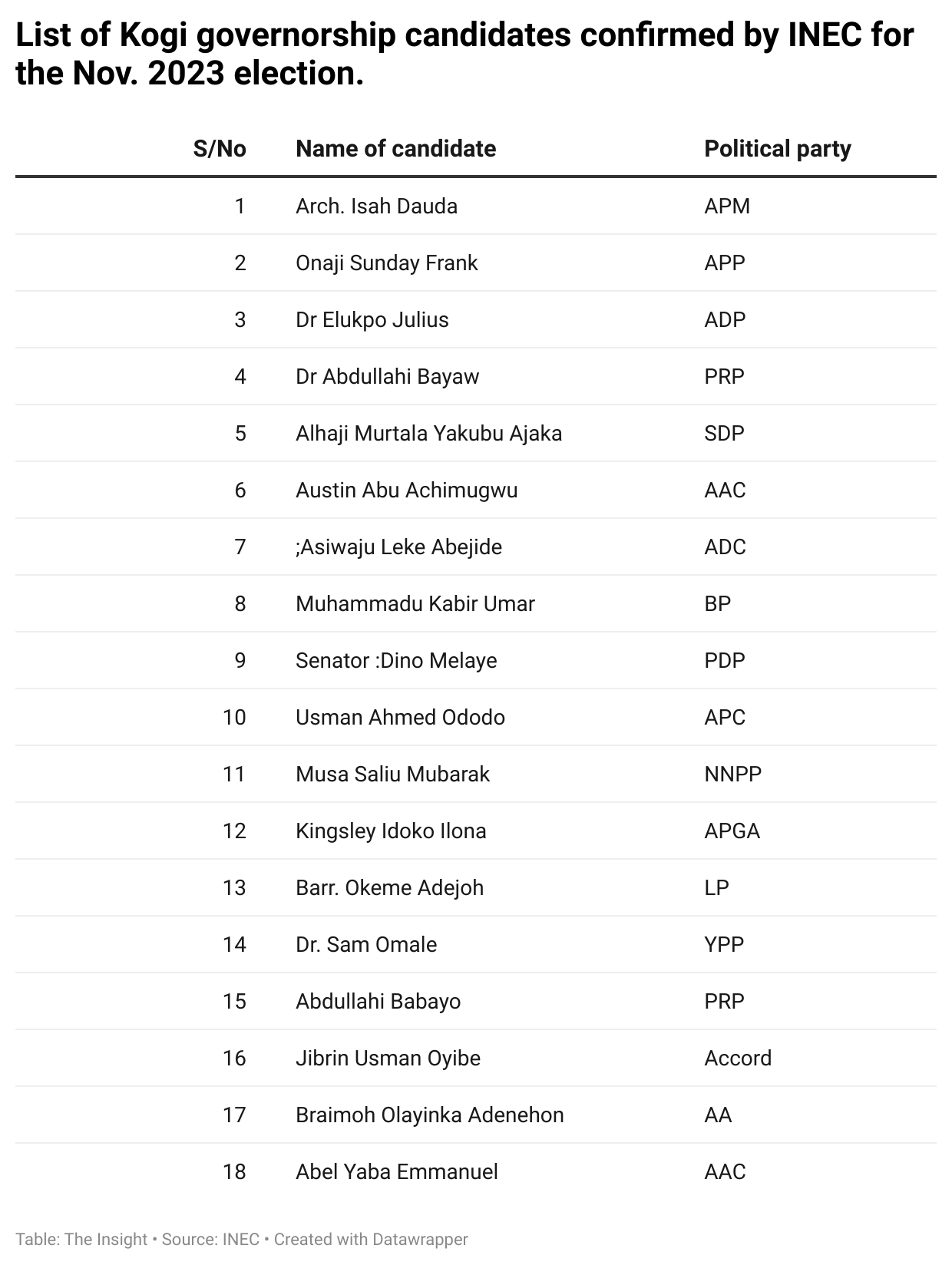
In compliance with the Electoral Act, the governorship candidate of each of the 18 parties emerged after rigorous, and rather controversial, party primary elections. The elections were characterized by alleged undercurrent of intrigues, manipulation and hi-tech strategies, especially in the All Progressives Congress (APC) where a court case has been instituted on the argument that primary election did not actually take place.
Apart from the court case, some of the contestants have been screaming loud, since the primaries, alleging that they were played out of the contest via outright disqualification, non-availability or diversion of electoral materials, exclusion, anointing of candidate, while some persons were compelled, under circumstances of threats and intimidation, to forced step down for some candidates.
Consequently, the fall out saw many of the contestants who felt cheated leaving their original party to pitch tent with other parties to actualize their dream in the November election. For instance, the likes of Muritala Ajaka, a former member of the APC’s National Working Committee (NWC) had to jump ship to the Social Democratic Party (SDP), where he contested a re-run election and emerged victorious to pick the governorship ticket of the party. Also, Kinsgley Ilona, who failed in his bid to clinch the PDP ticket, defected to the All Progressives Grand Alliance (APGA) to become its standard bearer, after observing the necessary formality involved .
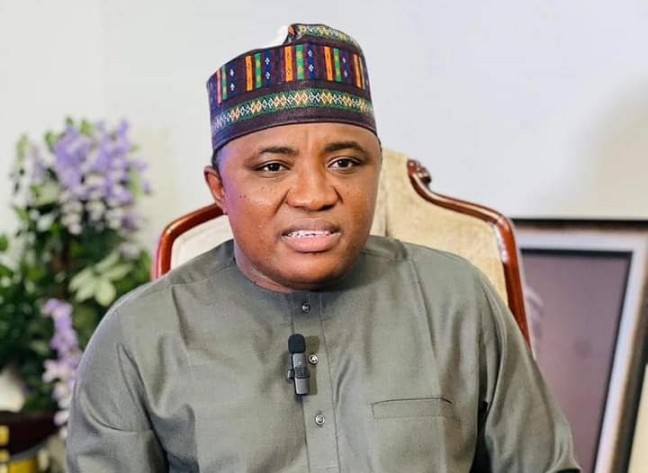
Ajaka Yakubu-Murtala
However, the shenanigans that followed the parties’ primaries have thrown up questions of ethnic agenda to the centre stage of politicking as the race to Lugard House heats up. Never before in the politics of Kogi State has ethnicity, and to some extent, religion played such a destabilizing role to the point that the Confluence State is sharply divided along ethnic lines, not minding political parties. At the moment, party loyalty has been lost to ethnic agenda, which is not just about politicians canvassing for votes, but it has degenerated to violent attacks, hate crimes and shameless hate speech.
This development, however, is causing concern in the comity of the enlightened community within and outside the state, who have described it as a frightening dimension that may stoke up ethnic strife among the tribes that were bonded together by tradition, culture and custom, and had been living peacefully for centuries.
Yahaya Omede, a community leader and social crusader from Ankpa spoke his mind in the following words: “To our chagrin, politicians have abandoned campaign of issues to embrace ethnic agenda in their folly of seeking for power. It’s a frightening dimension that should be nipped in the bud before it destroys the fabric that knitted us together for years. We should not fall into the antics of these gullible and desperate politicians with their inordinate ambition cheaply. The action of these ethnic bigots is capable of causing ethnic crisis of dangerous magnitude that the wound may not be able to heal for decades.”
To our chagrin, politicians have abandoned campaign of issues to embrace ethnic agenda in their folly of seeking for power
The community leader who stated that he was not against a tribe having political agenda in a democratic setting as ours, but said to avoid pitfalls or backlash in future, such agenda should be better channeled through all the candidates involved in the election. Omede said : “Let us put our cards on the table and strike bargain before all the candidates in the election, and defend it stoically before whoever that becomes the eventual winner of the election.”.
Equally, according to Comrade Adewale Joseph from Kabba in the West axis of the state, politicians were just heating up the polity, by drawing up ethnic issue in their madness to acquire or retain power by all means. Comrade Adewale said, “It’s unfortunate and very disgusting to hear them saying, this is Igala, Ebira or Yoruba-Okun candidate. By the time any of the candidate wins, is the winner going to rule only his ethnic tribe? We can do better than this political ideal presently being canvassed in each region of the state. It appears our political touch bearers have failed their duty to entrench politics without bitterness in the society of Kogi.”
He added that there was an indication of clueless leadership in the state all this while, but the burden lies on the various ethnic tribes to join forces together and effect a desirable change, by enthroning a government of their choice.
According to Comrade Adewale,”The battle ahead is not for an ethnic lone-ranger, but for a collective approach by all for a desired end. I’m yet to be convinced how a lone tribe can get it right to enthrone a government for all. There is a serious need to build bridges across to link up with one and others, including the stakeholders of each tribe for better option and approach, if we are serious for a change”.
Allegations of ethnic bias had dogged the administration of Yahaya Bello in the past seven years, but it came to a head when he forced his cousin, Usman Ododo, on the APC as his successor, in the face of loud objections by the party. Ododo’s ticket was a clear sign of Ebira Agenda, and this has been rubbed on the face of the people on both social and traditional media, where some ethnic bigots claim that Ebira must rule the state for another eight years to compete with the period previous governors of Igala stock who ruled Kogi State. Ebira Agenda has ignited Okun Agenda and Igala Agenda, representing the three big ethnic groups competing for Lugard House.
It appears our political touch bearers have failed their duty to entrench politics without bitterness in the society of Kogi
Checks across the state showed that besides the issues bordering on the party primaries, there was obvious catalogue of resentments against the way the affairs of the state was being conducted for the past seven years. The Igala people who are at the forefront of consensus idea, with nine out of 21 local governments in the East of Kogi their kit felt shortchanged under the present dispensation.
Among others, the tribe claimed that they were retarded to the second fiddle in the scheme of things in the last seven years; their youths were armed by the state government to carry out destructive acts in Kogi East Senatorial District. Those who staked their lives against all odds to ensure this administration survived were humiliated and leadership roles allocated for persons of Kogi East extraction were given out to political thugs who became mere robotic in the hands of Yahaya Bello.
Mr Adama Ojoniko, a political leader from the senatorial district, explained the situation thus: “All our pleading through various ways for a better deal from the system fell on deaf ears. The only thing the administration has done for us is to ensure violence does not depart from Igala land. The administration avoided our eggheads, and if they were brought in at all, it was to use and dump them, once Bello’s interest was achieved. It’s absurd and instructive to note that the votes that brought the present administration into power were bought with the blood of our son, Prince Abubakar Audu, of blessed memory. Morality, therefore, demands that Igala people should be given a fair treatment.”
In the same spirit of ethnic agenda, the Okun-Yoruba people, who control five local governments in the state, have never stopped advocating for power shift. Report from the region noted that the clamour for consensus candidate has peaked and the Kogi West Elders’ Forum is said to be enjoying the mandate of stakeholders from the area to package it to the benefit of the Okun-Yoruba people.
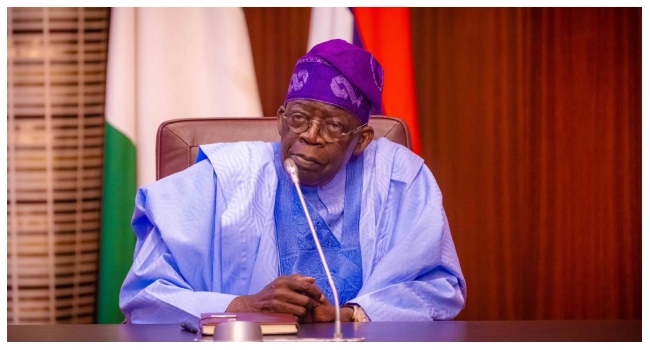
President Bola Ahmed Tinubu
“We are the most marginalized people in Kogi. Since its creation in 1991, an average Okun man has not been allowed to rule the state. Consequently, subsequent administrations have been making us to be eating from the crumbs, a situation we cannot take any longer. Our elders and other stakeholders are putting heads together to see a way out of this lingering marginalization of our people in Kogi project,” said a stakeholder who simply wants to be identified as Bamidele.
The danger in all this is the violence that it has generated, especially in Kogi East. . Recently, Uk’Omu Igala Organization wrote President Bola Ahmed Tinubu and all the security agencies, drawing their attention to the spate of violence in the state. The letter detailed the killings, including an attack of the SDP governorship candidate Muri, the destruction of the residence and a hotel belonging to one Bala Kabiru, a former political associate of Yahaya Bello who has openly declared support for Muri, and the destruction of Radio Kogi, Ochaja, the only radio station in Kogi East Senatorial District. Kabiru Bala, alias Okwo, was killed on Thursday, June 22, 2023 by the so-called Joint Security operatives in circumstances that need to be thoroughly investigated.
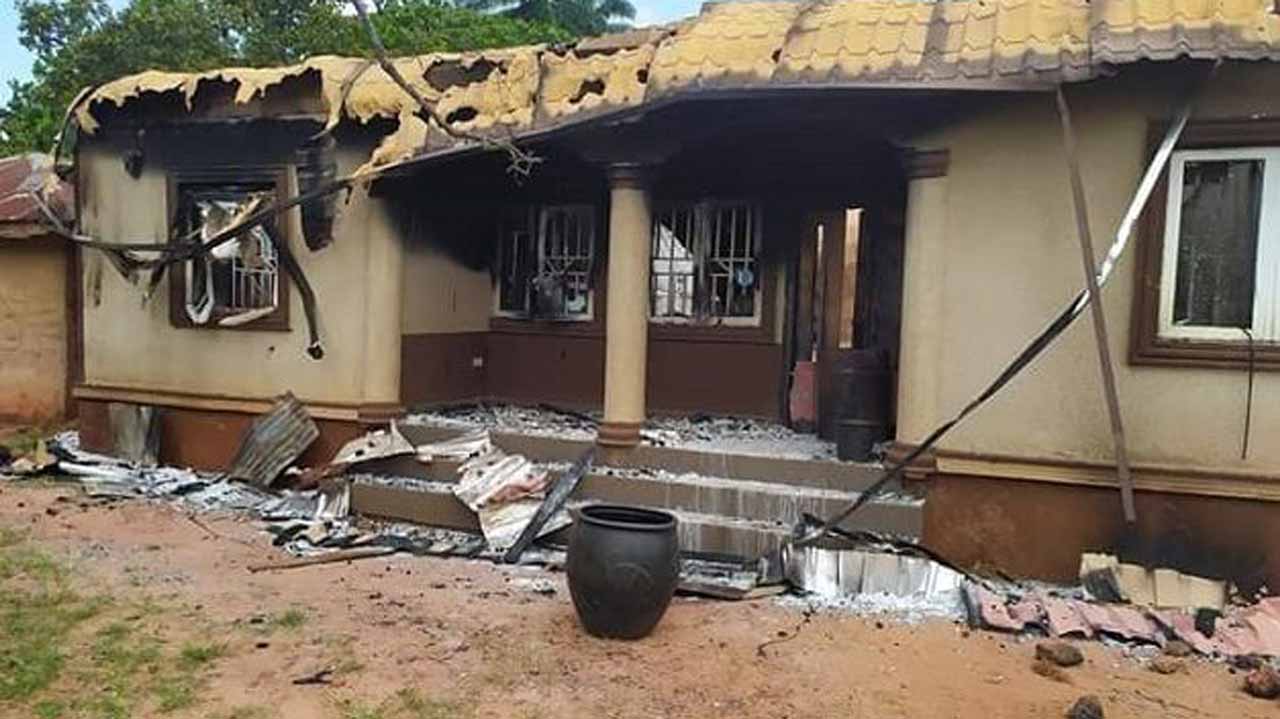
Home of PDP women leader burnt to ashes. Photocredit-The Guardian Nigeria
It is not clear what steps the president has taken to curtail the spate of violence in Kogi State. Even the ruling APC has ignored the outcry by its members in Kogi State, over the impending violence in the state. As mentioned in its letter to the president, violence had characterized elections in Kogi state since Governor Yahaya became governor.
In the letter, the group said, “In the 2019 governorship election, we witnessed the cruelty of Governor Bello who knew he could not win a second tenure in a free and fair election due to his abysmal performance in his first tenure. He deployed so much violence before and after the election, which left many of our kinsmen and women dead, including the late Mrs Salome Acheju Abu, who was burnt to death in her family home at Ochadamu, in Kogi State by elements who confessed to be agents of Governor Bello. Through such violent and cold-bloodied murders, he intimidated and bulldozed his way for a second tenure.”
How to tackle the threat of violence in Kogi State:
- President Tinubu must call Governor Bello to order, to ensure that all candidates in the election are allowed to campaign without threat of violence or outright violence from East to West to Central. An atmosphere of fear has gripped the state.
- The ruling APC must step in as well by cautioning its members and the supporters of its candidate against violence. Election is not a game of death; it’s about winning the hearts of the people not killing them in order to assume power.
- The elite and elders from the three main ethnic communities must come together to fashion out how they must collaborate to frustrate the concept of ethnic agenda in the state. A sense of unity is inevitable in the state, else the evil seed being sown will fester and jeopardize the development of Kogi State.
- The Independent National Electoral Commission (INEC) must rise to the occasion, to blacklist politicians who engage in violence, hate crimes and hate speech. Without punishment, criminals would continue to spread their evil activities in the state.
- Security agencies must step in dispassionately, to carry out thorough investigation and bring to book persons who engage in political violence.
The Insight Report
Nigeria Coverage

